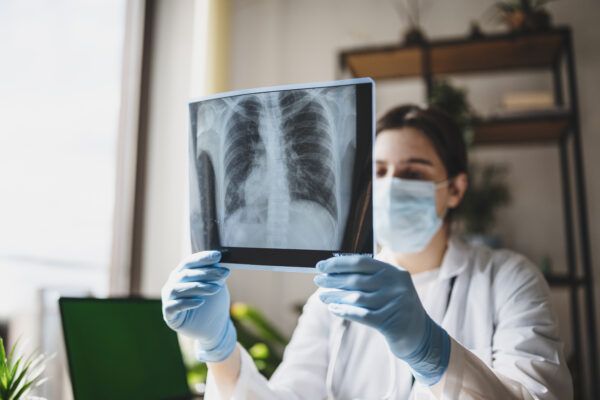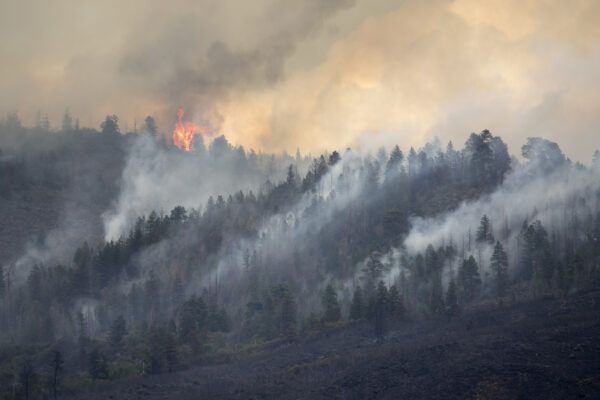The UN Sustainable Development Goals (SDGs) aim to address poverty, inequality, environmental degradation and promote sustainable development worldwide. These 17 interconnected goals recognise the interdependence between economic, social and environmental aspects of human wellbeing and highlight the urgent need for transformative actions.
Clean air can be a catalyst for driving progress on Agenda 2030. We won’t be able to meet these ambitious goals and ensure no one is left behind if air pollution is not addressed.
Which SDGs can clean air accelerate?
Clean air has a significant positive impact on several goals, directly contributing to SDG 3 (Good Health and Well-Being), and SDG 7 (Affordable and Clean Energy), and indirectly contributing to SDG 2 (Zero Hunger), SDG 4 (Quality Education), SDG 5 (Gender Equality), SDG 8 (Decent Work and Economic Growth), SDG 10 (Reduced Inequalities), SDG 11 (Sustainable Cities and Communities), SDG 12 (Responsible Consumption and Production), SDG 13 (Climate Action), and SDG 15 (Life on Land).
Air pollution can cause respiratory and cardiovascular diseases, which are major contributors to global mortality rates. Policies and action tackling air pollution have a direct positive impact on population health (SDG 3), further resulting in increased labour productivity and economic growth (SDG 8: Decent Work and Economic Growth) and better education (SDG 4).
Building sustainable cities and communities (SDG 11) relies on safe levels of particulate matter pollution, while achieving universal access to sustainable energy (SDG 7) implies shifting away from the dirty fuels that cause both outdoor and indoor (household) air pollution. Ozone, a potent air pollutant, significantly reduces crop yield, so clean air supports food security and improved nutrition (SDG 2).
The most vulnerable people and communities – children, women and the elderly – are usually those who suffer the most from air pollution, so policies and actions to improve air quality can also contribute to reducing inequalities (SDG 10: Reduced Inequalities; SDG 5: Gender Equality).
As both air pollution and climate change are mainly caused by burning fossil fuels, clean air action is also often climate action (SDG 13). Solutions to improving air quality—such as switching to affordable and cleaner energy, cooking and lowering transport emissions —will also address the climate emergency.
Reducing air pollution associated with responsible production and consumption is critical to achieving SDG 12, including reducing emissions from transportation, waste burning and industrial activities. Clean air can also support SDG 15, as air pollution can harm ecosystems and biodiversity, including plants, animals and microorganisms. Clean air will help protect these species and maintain healthy ecosystems.
Indicators related to air pollution
While there are three specific indicators for reducing air pollution in the formal system of SDG indicators, improving air quality supports the achievement of many more goals. Click on the below goals to see which indicators are directly and indirectly related to improved air quality.
Financing a catalyst for Agenda 2030
Smarter funding for projects that improve air quality can deliver enormous benefits globally in terms of human health, economic development and climate mitigation and adaptation. By investing in clean air projects, funders can more effectively utilise their resources, delivering smart interventions that cut across several SDGs simultaneously.
Our upcoming State of Global Air Quality Funding report will outline recommendations for smarter investments in delivering the SDGs. Subscribe to our newsletter to get the report direct to your inbox.

